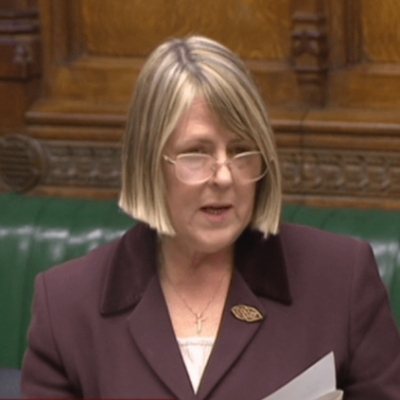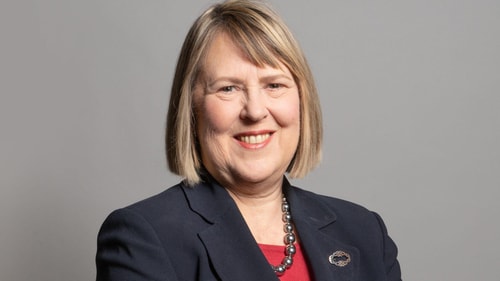Never have so many people, and so many Christians in particular, been persecuted simply for what they believe. The charity Open Doors estimates that, across 76 countries, 360 million Christians suffer high levels of persecution. Every two hours a Christian somewhere in the world is killed for their faith. Persecution not only affects Christians – indeed it affects people of all faiths, and none.
In Russia, 71-year-old Valentina Baranovskya and many like her have known the authoritarian hand of the state as she serves a prison sentence in Siberia, convicted as a criminal. Her crime? Valentina is a Jehovah’s Witness – a group banned in Russia where it is designated an “extremist organisation”.
In Nigeria, 18-year-old Leah Sharibu has passed her fourth anniversary in captivity, kidnapped by the Boko Haram extremist group simply because of her gender and education, and kept because of her faith – she refused to deny Jesus.
And in Vietnam, Nguyen Bac Truyen, a legal expert who has supported Buddhist prisoners of conscience, is serving an 11-year sentence in a prison a thousand kilometres away from his family.
Across the world today millions of people like Valentina, Leah and Nguyen are losing their education, jobs, homes, livelihoods, families, freedom and access to justice – and even life itself – simply on account of what they believe.
Why does freedom of religion or belief matter so much?
Freedom of Religion or Belief, or FoRB for short, matters, because what we believe goes to the very heart of what makes us human. Our beliefs give us dignity, purpose and worth. FoRB matters because where it is disregarded or violated, other important rights are all too often denied too – rights such as freedom of expression or assembly; the right to work, even the right to life itself.
And yet, compared with many other 21st century global concerns, the right to FoRB, and its dreadful abuses, engage little attention – from the media or elsewhere.
What can we do? We can pray!
- We can pray for the persecuted, to have the strength to endure, and for their situations to change. In 1 Thessalonians 1, Paul writes, “In all the persecutions and trials you are suffering… we constantly pray for you.” And we can pray not only for Christians, but for those who do not share our faith – such prayers are an act of Christlike love.
- We can pray for the persecutors, that those who persecute would cease and change. In Acts 7 – 8, Stephen, after being falsely accused, and as he was being stoned to death, prayed “Lord, do not hold this against them…” and we also read, “Saul was there, giving approval to his death.” Saul later came to know Christ as his Lord and Saviour.
- We can pray for those in authority, as we are reminded in 1 Timothy 2, that in countries where governments are instigating or allowing persecution, they would recognise their responsibilities to respect, and support, the freedom of belief of their peoples “to live peaceful and quiet lives in all godliness and holiness.”
- We can pray for the impact of the UK-hosted Global Summit on FoRB. This summer, government ministers, faith and belief leaders and representatives, civil society activists and young people from around the world will gather in London for a Ministerial Conference hosted by the British government. Pray that they will not only discuss global concerns about FoRB, but also agree to practical commitments which will lead to real change in the lives of people suffering persecution. Pray that many, especially young people, will be inspired to champion freedom of religion or belief in their generation – and to challenge its abuses – and so promote change in the years to come.



